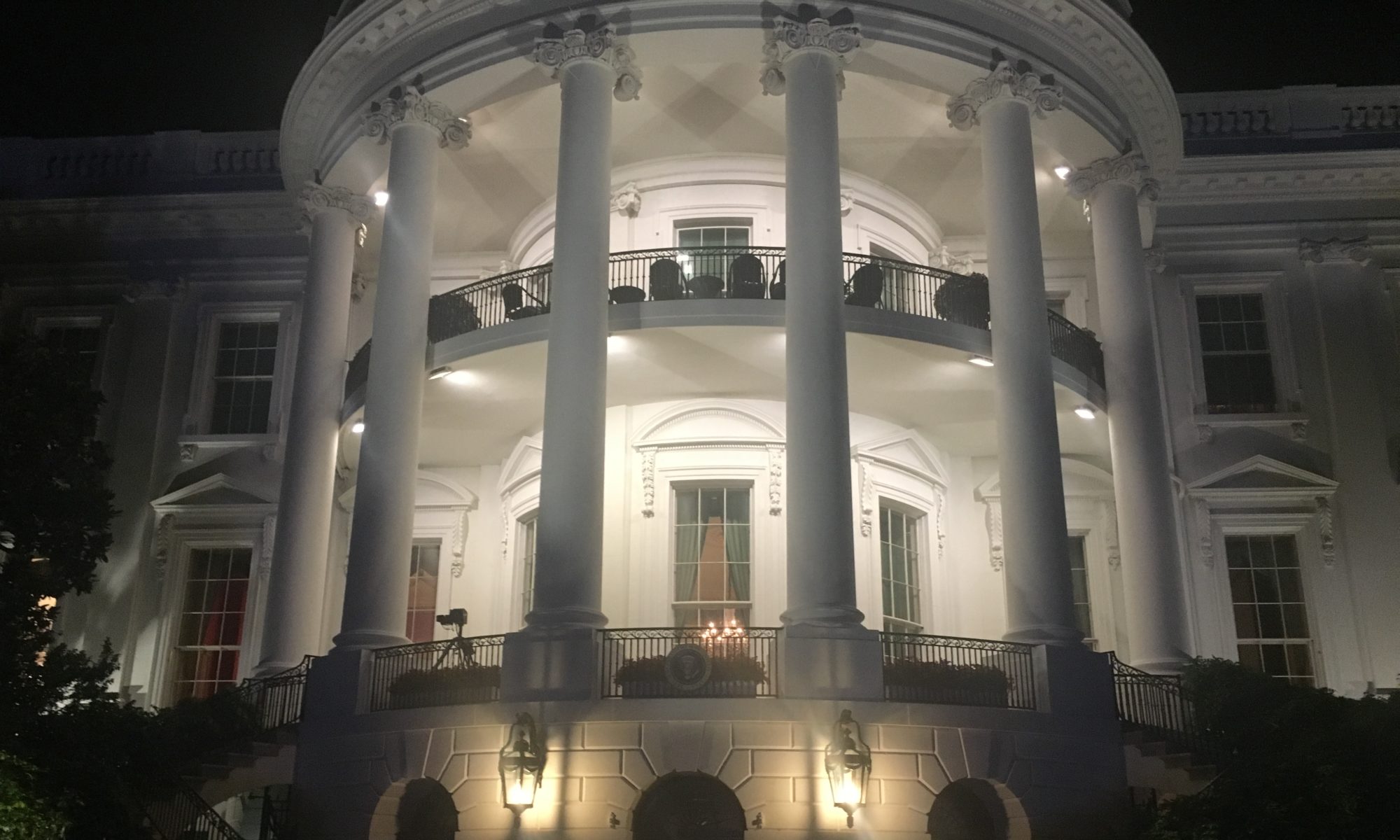June 9, 2020
In the two weeks since George Floyd’s murder, we’ve seen hundreds of thousands of people take to the streets to declare that “Black Lives Matter.” There have been demonstrations in all 50 states and in international capitols like London, Paris and Berlin. Trump’s effort to silence dissent by stepping up a military presence, tear gassing peaceful protestors to clear a path for a ridiculous photo op, backfired spectacularly.
Protestors were emboldened, rather than cowed. Alarmed former military brass went public with their dismay, most notably, former Defense Secretary Jim Mattis, who broke his monk-like vow of silence to pen a scathing takedown of Trump, (Source: “James Mattis Denounces President Trump, Describes Him as a Threat to the Consitution,” By Jeffrey Goldberg, theatlantic.com, 6/3/20). In his statement, Mattis said that “Equal Justice Under Law…is precisely what the protestors are demanding.”
Friday morning, D.C. Mayor Muriel Bowser trolled Trump in an epic fashion when she commissioned “Black Lives Matter,” to be painted in giant yellow letters on 16th Street in front of The White House and renamed the street Black Lives Matter Plaza. By Sunday, Mitt Romney (Mitt Romney!) was marching with protestors in front of The White House tweeting “Black Lives Matter.” Time will tell if this was a deliberate echo of his father George Romney’s principled support of civil rights or an early salvo in his 2024 presidential campaign.
While we may feel validated by Bowser’s and Romney’s gestures, they are just that, gestures, and what matters more are actions to back up these gestures. Tackling police brutality is the tip of the iceberg. Although proposals like “Abolish the police,” and “defund the police” sound extreme, we need to radically reimagine an institution with roots in the slavery patrols tasked with hunting down Black bodies, (Source: “The racist roots of American policing: From slave patrols to traffic stops,” by Connie Hassett-Walker, theconversation.com, 6/4/19, updated 6/2/20).
As Jamelle Bouie pointed out, police departments have always been tasked with social control, which has meant maintaining a racial hierarchy with Black people at the bottom. It is why they reject the oversight of Black political leaders or of political leaders who recognize that they are accountable to Black citizens, (Source: “The Police Are Rioting. We Need to Talk About It,” by Jamelle Bouie, The New York Times, 6/7/20). This is why policy changes, like those proposed by Campaign Zero in their “8cantwait” campaign, won’t bring about the needed change. Policy means nothing if the police are free to disregard it.
For that reason, defunding the police is not as radical as it sounds. We need to interrogate the long held assumption that more cops means less crime. Data shows that in the five year period between 2013 and 2019, both the raw number of police officers and the rate of violent crime declined, (Source: “Is the Answer to Crime More Cops,” by Simone Weichselbaum and Wendi C. Thomas, themarshallproject.org, 2/13/19). Yet in city after city, we unthinkingly devote large chunks of strained municipal budgets to the police. In New York City, the police department budget is $6 Billion dollars and has increased by 22% over the last five years. The total spending by the NYPD between 2014-2019 is more than four times the amount spent on homeless services and housing combined, (Source: “What NYC could do with its $6 billion police budget,” by Valeria Ricciulli and Caroline Spivack, ny.curbed.com, 6/5/20).
In Los Angeles, Mayor Garcetti’s proposed budget gives the police $3.14 billion out of a total budget of $10.5 billion. Oakland, CA allocates nearly half of discretionary spending to the police department and in Chicago, 39% of its 2019 budget went to the police, (Source: “This is How Much Major Cities Prioritize Police Spending Versus Everything Else,” by Luke Darby, GQ.com, 6/1/20).
It may be a relief to hear elected officials validating our pain, but show us your budgets and put your money where your mouth is, because talk is cheap.
#Defundthepolice

And here’s the good news, in response to the protests, NY has banned chokeholds, is working on providing access to police disciplinary filfes and has brought together key activists to address police reform. This is just the tip of the iceberg, there’s a lot more action that needs to be taken to begin to make a dent in addressing systemic racism.
Thank you, Lisa for your column. Thank you also for providing sources. I am going to follow up on some of those you to which you linked.